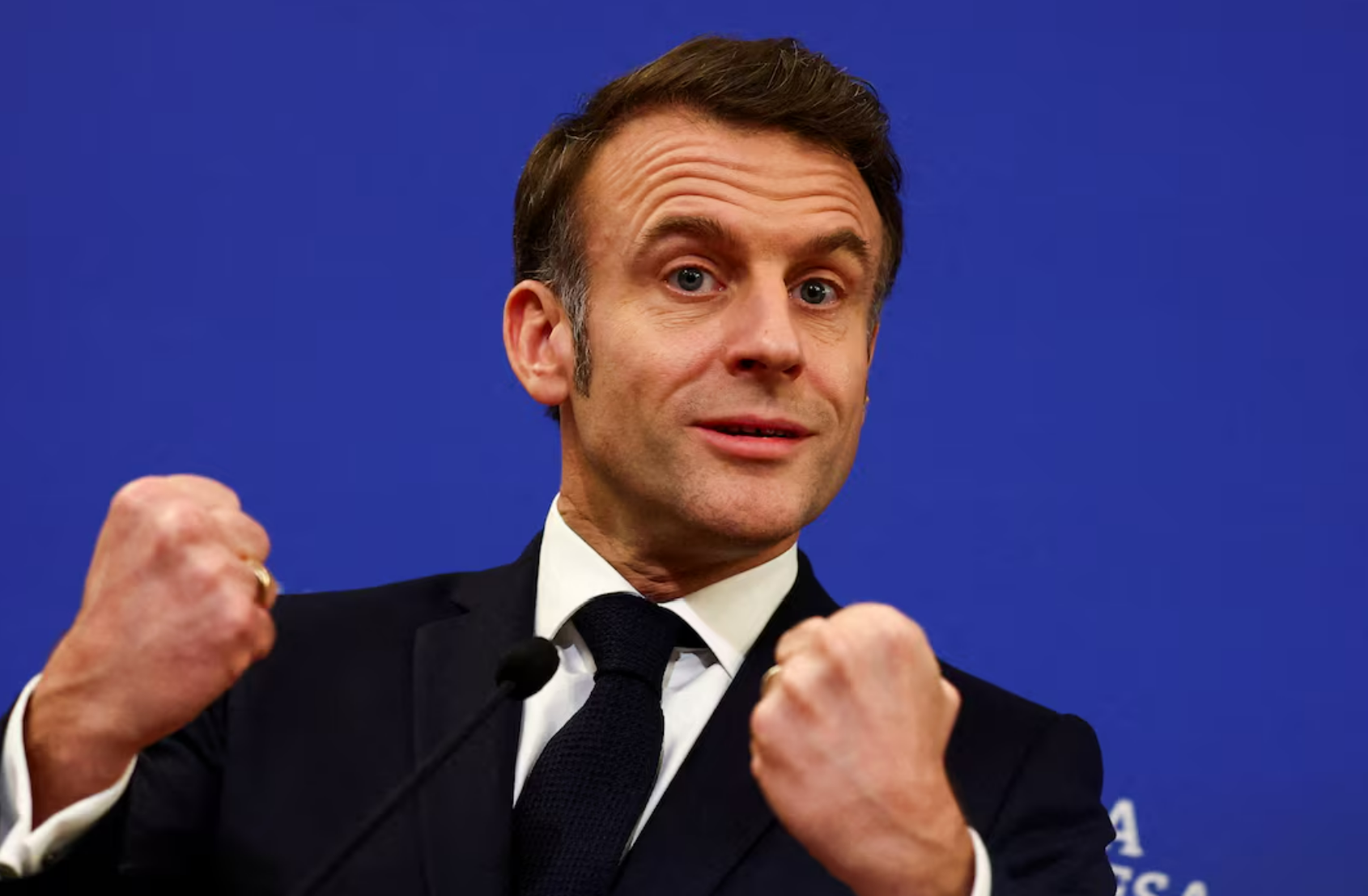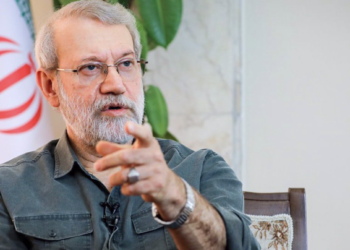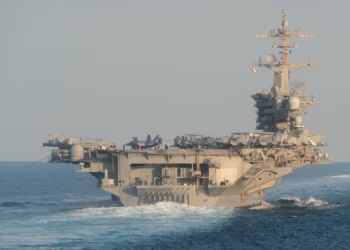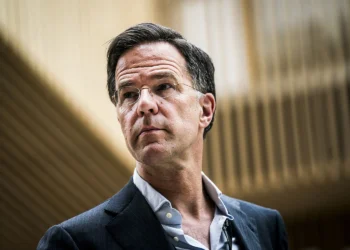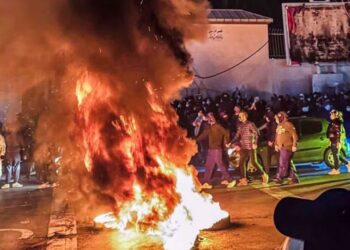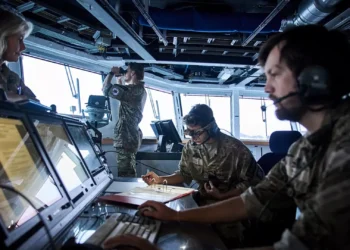PARIS (Realist English). French President Emmanuel Macron has announced his readiness to initiate formal discussions with European allies about the potential deployment of France’s nuclear weapons on their territory, in what he described as a necessary response to growing geopolitical instability and signs of U.S. retrenchment.
In an interview with broadcaster TF1 on Tuesday, Macron said that exploratory talks are already under way with Germany, Poland, and other European partners, as Paris examines how its nuclear deterrent might be shared to reinforce collective security in the face of a long-term threat from Russia.
“I will define the framework [for these talks] in a very official way in the weeks and months to come, but we have already begun discussions under the conditions I have mentioned,” Macron stated.
The French president outlined three key conditions for any extension of France’s nuclear umbrella:
- France will not finance the security of other nations;
- Any deployment must not compromise France’s own nuclear readiness;
- Operational control over French nuclear weapons will remain exclusively with the French president.
For decades, the United States has been the primary guarantor of European security, maintaining nuclear weapons and aircraft on bases across the continent. Under NATO’s nuclear sharing framework, U.S. atomic weapons are deployed in Europe and are designed to be delivered by jets operated by allies such as Germany, Italy, and Turkey, though command remains in American hands.
Macron’s initiative follows growing unease among European leaders over President Donald Trump’s signals that the U.S. may scale back its military presence in Europe and shift the burden of defense onto allies. Both German Chancellor Friedrich Merz and Polish Prime Minister Donald Tusk have recently urged preparations for a potential post-NATO nuclear scenario.
“Europe was built for peace,” Macron said. “But now, it must be about power.”
Although France’s nuclear stockpile is modest compared to that of the U.S., Paris has long emphasized that its nuclear doctrine has a “European dimension.” However, it has never explicitly defined the scope of those “vital interests,” maintaining strategic ambiguity as a pillar of deterrence.
According to a senior French official, the ongoing discussions are unlikely to lead to a formal shift in France’s nuclear doctrine, but other adjustments could be made to signal French resolve and reassure European partners.
When Chancellor Merz visited Paris last week, both leaders stressed that any French nuclear consultations would be designed to complement, not replace, NATO’s existing security architecture. European officials remain cautious, wary of doing anything that could be interpreted as weakening the transatlantic alliance.
The Kremlin swiftly condemned Macron’s proposal, with spokesman Dmitry Peskov warning that the proliferation of nuclear weapons across Europe would “not contribute to security, predictability, or stability.” Peskov added that Russia, the U.S., and European nuclear powers still face the task of reconstructing Europe’s strategic security architecture, which he described as being in a “very sorry state.”
Macron’s statement marks a geopolitical turning point. For the first time in decades, a Western European leader is openly entertaining the continentalization of nuclear deterrence — a move born of necessity, not ambition. Whether this initiative becomes policy or remains a signal will depend on how far the U.S. steps back — and how ready Europe is to step forward.


